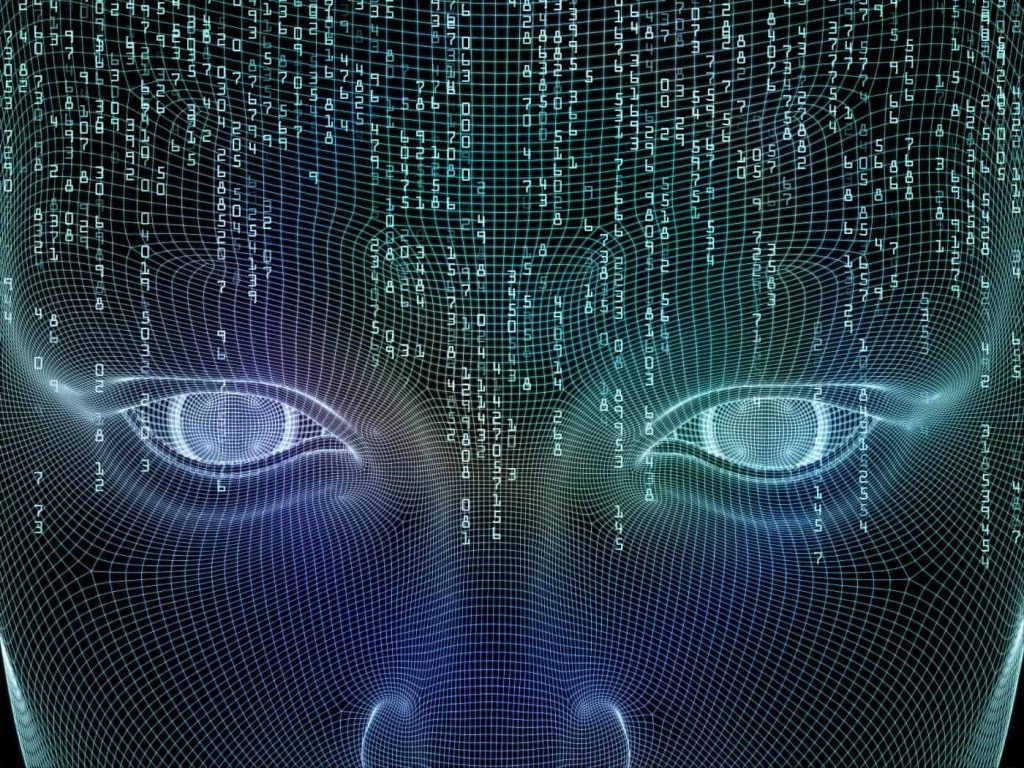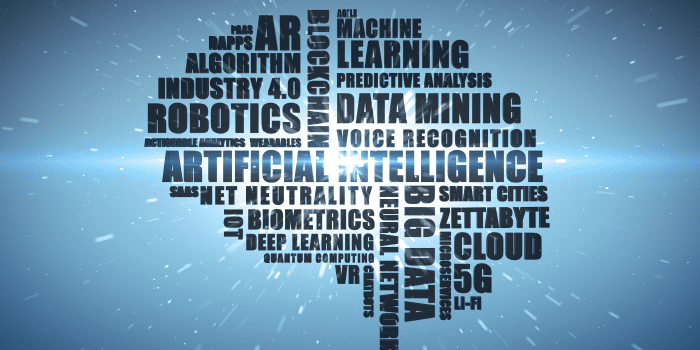In the rapidly evolving landscape of the modern workplace, the emergence of artificial intelligence (AI) as a tool for decision-making cannot be overstated. With the ability to analyze vast amounts of data and provide insights in real-time, AI is revolutionizing the way we approach problems and make decisions at work. But how exactly can businesses and individuals tap into this powerful resource? Let’s explore the potential of AI to transform our professional environments through smarter decision-making processes.
AI: Beyond the Buzzword

AI is often shrouded in buzzwords and complex jargon, making it seem inaccessible to the average professional. However, understanding the practical applications of AI can demystify its role in the workplace. At its core, AI involves machines performing tasks that typically require human intelligence, such as pattern recognition, learning from experience, and problem-solving. By leveraging these capabilities, AI can assist in making well-informed decisions by providing predictive analysis and automating routine tasks, allowing human workers to focus on more strategic activities.
For instance, in sales and marketing, AI tools can analyze consumer behavior to predict future trends, thus aiding in developing more effective strategies. Similarly, in finance, AI algorithms can assess risks and returns to aid in investment decisions. By integrating AI into these decision-making processes, businesses can operate more efficiently and with greater precision.
Streamlining Operations with AI
One of the key benefits of AI in the workplace is its ability to streamline operations. AI can automate complex processes, from data entry to advanced analytics, freeing up human employees to concentrate on more nuanced tasks that require emotional intelligence and creative thinking. This not only increases productivity but also enhances job satisfaction by reducing the tedium associated with repetitive work.
For example, in the realm of human resources, AI can sift through resumes to find the most suitable candidates for a job, significantly cutting down the time required for recruitment. In customer service, chatbots powered by AI can handle a multitude of basic inquiries, ensuring that human agents are available to tackle more complicated issues. This symbiotic relationship between AI and human workers is key to creating a more dynamic and efficient workplace.
Enhancing Decision Accuracy with AI-Driven Data Analysis

Data is often heralded as the gold standard in making informed decisions, yet sifting through it to find actionable insights can be daunting. AI excels in this area by swiftly analyzing large datasets, identifying patterns, and predicting outcomes with a level of accuracy that is often beyond human capability. By utilizing machine learning algorithms, AI systems can continuously learn from new data, thereby improving the quality of insights over time.
In sectors like healthcare, AI can predict patient risks by analyzing electronic health records, helping in early diagnosis and treatment plans. In supply chain management, AI can predict inventory needs and optimize logistics, leading to cost savings and increased efficiency. By harnessing AI for data analysis, organizations can make decisions that are not only faster but also more accurate and data-driven.
Navigating Ethical Considerations in AI Deployment
While the benefits of AI for decision-making are clear, it’s also crucial to navigate the ethical considerations of its deployment. The use of AI must be governed by ethical principles to ensure that decisions are fair and do not inadvertently discriminate against certain groups. Transparency, accountability, and privacy must be at the forefront when integrating AI into decision-making frameworks.
Organizations must establish clear guidelines on how AI-derived insights are used and ensure that there is always a human in the loop to provide oversight. Additionally, data used to train AI systems should be free from biases to prevent perpetuating inequalities. By addressing these ethical concerns, companies can build trust and ensure the responsible use of AI in the workplace.
Preparing the Workforce for an AI-Enhanced Future
Embracing AI in decision-making also means preparing the workforce for the changes that come with it. Training and development programs are essential to equip employees with the skills needed to work alongside AI. This includes understanding how AI tools function and how to interpret their outputs effectively.
In addition, fostering a culture of lifelong learning will be critical as the landscape of work continues to evolve with AI advancements. By investing in the workforce, companies not only enhance their capacity for smart decision-making but also ensure a smoother transition into an AI-enhanced future, where humans and machines work in tandem for the greater success of the organization.


Leave a Reply